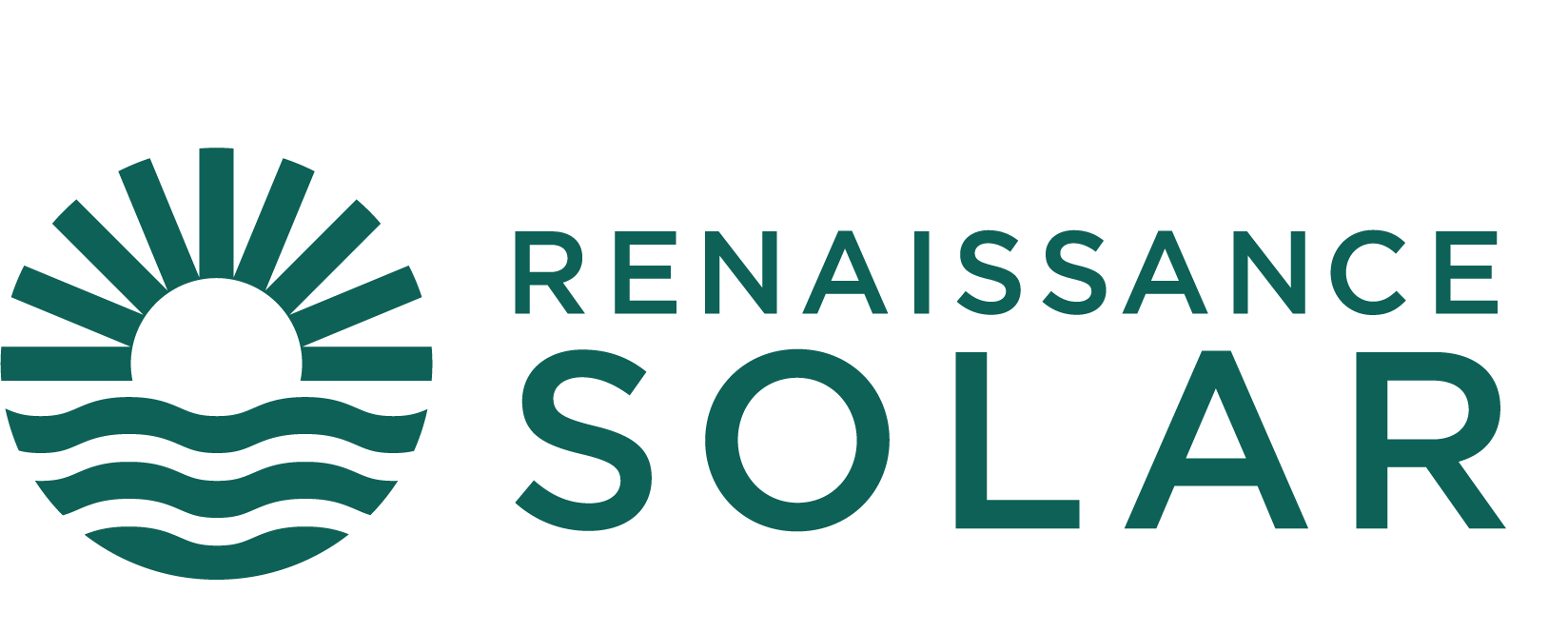As the world moves towards sustainable energy sources, solar power is becoming an increasingly popular option. Photovoltaic (PV) solar systems are now being used to power homes, businesses, and even entire cities. But while solar panels are a critical component of these systems, they’re not the only ones. Inverters play an essential role in PV solar systems, helping to convert the DC electricity generated by the solar panels into the AC electricity that’s used to power homes and businesses.
Inverters are a crucial component of a PV solar system. They take the DC electricity produced by the solar panels and convert it into AC electricity that’s used by appliances and other devices in homes and businesses. The process of converting DC to AC is called inversion, which is where the name “inverter” comes from.
In PV solar systems, there are primarily two types of inverters – microinverters and string inverters. String inverters are widely used in solar systems and are typically installed in a central location close to the main electrical panel. These inverters are connected to multiple solar panels in a series. In contrast, microinverters are installed on each solar panel and operate independently of one another. This feature enables more precise power conversion and monitoring capabilities.
In addition to converting DC to AC, inverters also play a critical role in monitoring the performance of the solar system. Most inverters come with a monitoring system that tracks the amount of energy being produced by the solar panels and provides real-time data on system performance. This data can be used to identify any issues with the system and optimize its performance over time.
The role of inverters in PV solar systems is critical, and choosing the right inverter can have a significant impact on the performance and efficiency of the system. When selecting an inverter, factors to consider include its efficiency, power output, monitoring capabilities, and warranty.
In conclusion, inverters play a crucial role in PV solar systems, converting DC electricity into AC electricity and monitoring system performance. Choosing the right inverter is essential for optimizing system performance and ensuring maximum efficiency. With the continued growth of solar power, the role of inverters will only become more critical in the years to come.
If you’re considering a PV solar system for your home or business, be sure to work with a reputed installer who can help you choose the right inverter for your needs. With the right equipment and installation, you can enjoy the many benefits of solar power while also reducing your carbon footprint and saving money on energy costs. For more information, get in touch with Renaissance Solar today.
